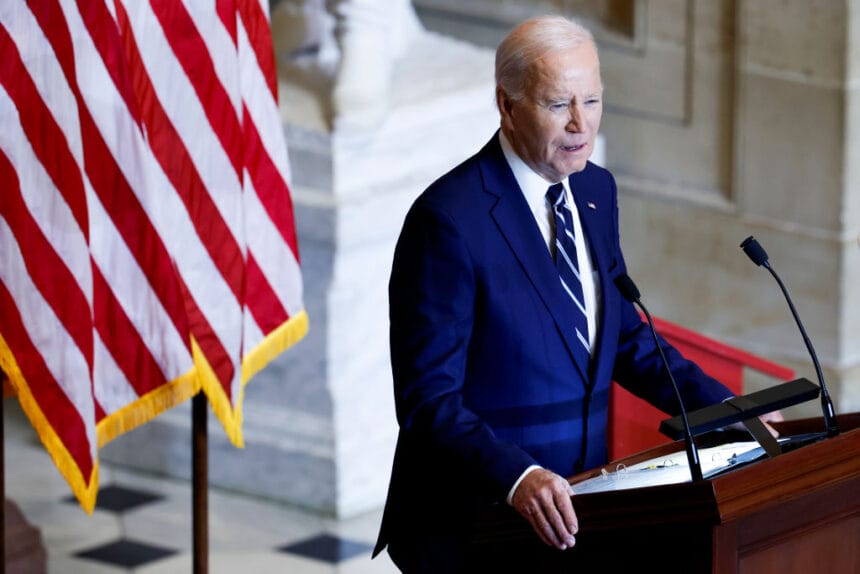The negotiation component of the Medicare drug price negotiating program has officially begun.
The Centers for Medicare & Medicaid Services sent its initial price offers for the first 10 drugs selected, including therapies manufactured by Johnson & Johnson, Merck, Bristol Myers Squibb, Eli Lilly and AstraZeneca, this week. The next several months will be devoted to negotiations between the federal government and those drugmakers, with a deadline of August 1.
The goal of the negotiations is to settle on what the Inflation Reduction Act characterizes as a “maximum fair price.” The new pricing will go into effect in 2026.
“Today is another milestone on the march to ensure people with Medicare get fair prices for prescription drugs,” said Department of Health and Human Services Secretary Xavier Becerra in a statement.
The White House, however, has chosen not to disclose the initial offers — and, as of early February, neither have the drugmakers themselves
The initial list of drugs subject to negotiation included J&J’s Xarelto, Merck’s Januvia, AstraZeneca’s Farxiga and Novartis’ Entresto. Their list prices are expected to be negotiated downward by anywhere from 25% to 60%.
Needless to say, the industry is pushing back. Lobbying group PhRMA released a statement responding to the CMS announcement, arguing that Medicare price negotiations would have “lasting consequences for patients long after this administration is gone.”
“This continues to be an exercise to win political points on the campaign trail rather than do what’s in the best interest of patients,” said Alex Schriver, SVP of public affairs at PhRMA. “Government bureaucrats are operating behind closed doors to set medicine prices without disclosing for months how they arrived at the price or how much patient and provider input was used.”
Since the passage of the Inflation Reduction Act in 2022, companies whose drugs were chosen for the initial list have launched lawsuits against the federal government. That litigation seeks to invalidate the program in its entirety. According to Georgetown University O’Neill Institute’s health care litigation tracker, 10 suits have been filed, by Novo Nordisk, Novartis, Merck and others.
The pharma companies hope to prove that the negotiation provision is unconstitutional, and thus block its implementation. But just this week, in a case involving AstraZeneca, a federal judge expressed skepticism of those arguments. The judge suggested all such claims may not be decided in pharma’s favor.
AstraZeneca argued that the negotiating provision would deprive the company of its property rights without due process. The judge noted, however, that because the drug companies can choose not to sell their drugs to Medicare, they were “free to do” what they wanted, according to STAT.
The Biden administration also announced that it would be launching a resource hub to assist patients with Medicare in their search for lower-cost drugs. LowerDrugCosts.gov is envisioned as a “user-friendly” website that provides information in “plain language,” according to a CMS statement. It will serve as an information hub for the Inflation Reduction Act’s drug pricing provisions and their implementation.
These efforts are part of the Biden administration’s broader push to highlight its work in drug pricing reform before the 2024 elections heat up.
“Throughout the negotiation process, CMS is dedicated to improving access to some of the most expensive drugs for people with Medicare while encouraging market competition and fostering innovation,” CMS administrator Chiquita Brooks-LaSure said in a statement. “[I]n 2024, people with Medicare prescription drug coverage who have very high drug costs will have their costs capped for the first time ever.”
She added that this was “especially important” for people taking the first 10 drugs selected.







